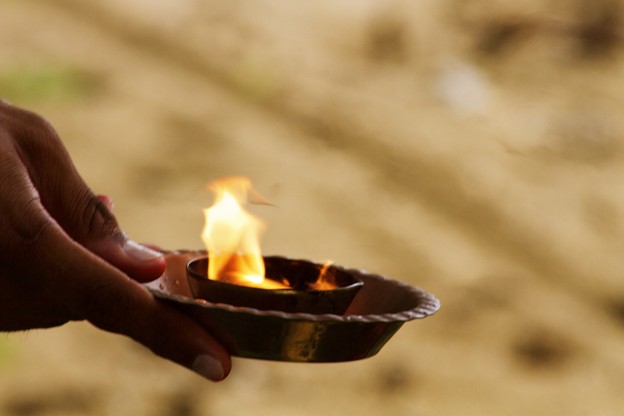Coolitude, a poetics for 2017

What draws me specifically to this kind of engagement is its implication of history and by extension the importance of the first-person perspective. So often in the United States brown and black bodies are erased in the white world of poetry. I think the assertion of my brownness coupled with my complicated history is important since the de facto subject position is no longer cishet white and male.
When white folks tell me to write without including so much identity politics, I sneer. “Identity politics” is a coded form of racism in which the poetry from People of Color is lesser because it concerns itself with the identity of the poet, which should have no bearing on the poem itself. The idea is that poetry should be universal, being able to be read and understood by a white audience. Clearly the unmarked subject position should actually be white, because can People of Color actually read?
A straight white woman once said that the only reason that I get any kind of attention for my writing is because of my identity. Not for my hard work and tenacity. A white gay male poet that I once knew confided that there are two kinds of poetry — “Real poetry” and “People of Color poetry.” This is whiteness seeking justification for its mediocrity. To this I quote Lucille Clifton: “What did I see to be except myself?”
They want me to make myself invisible — to sweep away my history of indentured labor from the floor, to forget my ancestry and cultural practices. There's even an article that came out from "Third World Quarterly" that makes a case for colonization. I don’t eat baked chicken and potatoes for dinner. Yes this is political, but it’s also cultural. Give me garam masalam in my curry, chounke daal, and roti every day. I don't want white people writing about me or my experiences. Is it that the anti-identity politics people want to be able to write a sentence like that? Becasue they cannot commodify my culture, tell me why my culture is inferior, and exploit it on the page, and then that I shouldn’t be able to write about it?
Coolitude asks me to face my Coolie history as I write — it’s impossible not to. I am haunted by transoceanic crossings, the suppression of my familial religions and languages, and being thingified — albeit to a lesser extent than Black folks. This rich and colorful history shows up in my poetry as I write.
Some of the specific craft elements of Coolitude poetics as I see them:
- the queer potential of writing in multiple languages including Kamau Brathwaite’s “nation language”
- writing using a baroque method that Khal Torabully says fits the thrust of Coolitude
- creating an archive from which to appropriate colonial language and texts
- allowing for a sensorial haunting to guide the poem
- implicating history and family histories directly
- using the language of indenture or words specific to our experiences in this Indian Labor diaspora
- connecting the elements of aural culture and oral literature to the fixity of the page
- writing from a place of outrage and a need to speak back to colonial authority
- creating a diasporic consciousness through the use of fragmentation
This year marks a century since our contracts were ripped up; servitude to the white world abolished for my community. It’s been a century of regaining our psychic independence, of reimagining our roles in our national spaces. It’s been a century of enduring and countering the racisms taught to us by our colonial Lords and masters.
Are they angry that I, a former servant of the Empire, speak out in public? That I publish essays like this one in venues to be read? Guyana has only been independent for fifty-one years. I know my mind can still be pretty colonized. As long as the Indian Labor Diaspora is left out of consideration, as long as people do not know our history, as long as our stories are steamrolled for simplified versions of immigrant narratives, Coolitude will be relevant. Considering our postcolonial heritage and the importance of asserting our Coolie identities is a necessary aspect of poetics in 2017. It’s only been one century. I will not forget my ancestors’ suffering. My body will not let me.
I will reference my brown body, my Coolie history, my joys, and my angers, firmly rooted in my brown, Coolie, queer voice. I am not Indian. I do not come from India. I am a Coolie from Alabama via New York via London via Guyana. Like Rajkumari Singh says, “Proudly say to the world: ‘I AM A COOLIE.’” I will speak my history so I am no longer flattened into the “good” immigrant who obeys the strictures that my Aji learned to parrot: Dis English country, speak English now.
Coolitude: Poetics of the Indian Labor Diaspora